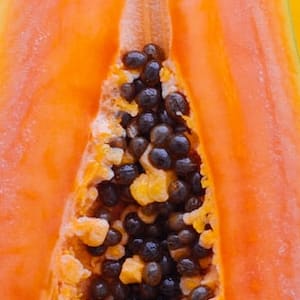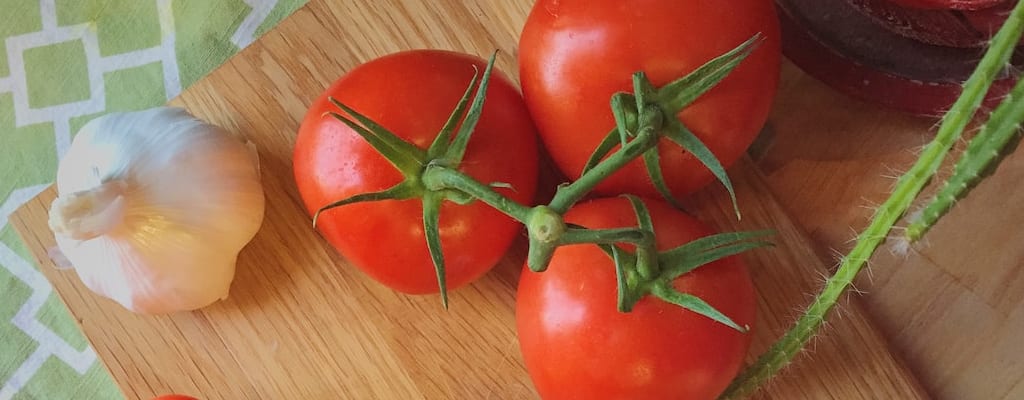worm food: Idiom Meaning and Origin
What does ‘worm food’ mean?
"Worm food" is an idiom that refers to someone who has died and is now buried in the ground, where worms feed on their decomposing body. It is a dark and informal way to talk about death.

Idiom Explorer
The idiom "worm turns" refers to a situation where someone who is usually submissive or weak suddenly becomes assertive or rebellious.
The idiom "wolf down" means to eat something quickly and eagerly, often without paying much attention to manners or etiquette.
The idiom "watery grave" refers to a person dying by drowning in water. It is often used to symbolize a tragic death at sea or in any body of water.
The idiom "the box they're going to bury it in" refers to the final resting place or ultimate outcome of something. It implies that the situation or matter will be closed or resolved completely.
The idiom "take soil" means to be buried or interred in the ground after death.
The idiom "six feet under" is used to describe someone who is deceased and buried in a grave. It refers to the standard depth of a burial plot, which is typically six feet deep.
The idiom "rest his soul" is used to express condolences for a deceased person, wishing for their soul to find peace and rest in the afterlife.
The idiom "put in the ground" means to bury or inter someone or something, usually referring to a deceased person or a dead animal.
The Silent Decomposition
Worm food refers to a deceased person who has been buried in the ground. It is a metaphorical expression that highlights the idea of mortality and the eventual return of the human body to the earth.
This idiom has its roots in ancient beliefs and practices surrounding death and burial. Throughout history, people have recognized that when a person is put in the ground, their body decomposes, allowing worms and other decomposers to feed on it. The idiom "worm food" symbolizes this natural process and uses it figuratively to emphasize the finality and inevitability of death.
The phrase "worm food" gained popularity in the early 20th century, building on the existing association between worms and burial. This idiom became popular due to its simplicity and evocative nature, effectively conveying the idea of human mortality in just two words.
When used in conversation or writing, "worm food" is often used bluntly and sometimes with dark humor to refer to someone who has died. It can also be employed more broadly to highlight the transient nature of human existence and the fact that ultimately, everyone becomes part of the earth.
While the idiom "worm food" is straightforward and widely understood, it carries a profound message about the fragility of life and the inevitable cycle of birth and death. It reminds us that, regardless of our accomplishments or social status, we all share the same fate of returning to the natural world once we pass away.
Although "worm food" may appear morbid, it serves as a powerful reminder to live our lives fully and appreciate the fleeting nature of our existence. It encourages us to contemplate the interconnectedness of all living things and the cyclical nature of life itself. This idiom prompts deep thoughts about mortality and the profound implications it holds for our lives.
When we explore the origins and significance of the idiom "worm food," we gain a deeper understanding of the human condition and the universal truths that connect us all. While the phrase may initially seem bleak, it ultimately invites us to appreciate the beauty and fragility of life, reminding us to cherish each moment before we inevitably become part of the earth once more.
Example usage
Examples of how the idiom "worm food" can be used in a sentence:
- After his death, John's body was buried in the ground, becoming worm food.
- The deceased body was left unattended for several days before it was discovered, resulting in it being partially eaten and becoming worm food.
- When discussing mortality, some people refer to the deceased as "worm food" to emphasize the natural decomposition process.
More "Death" idioms



